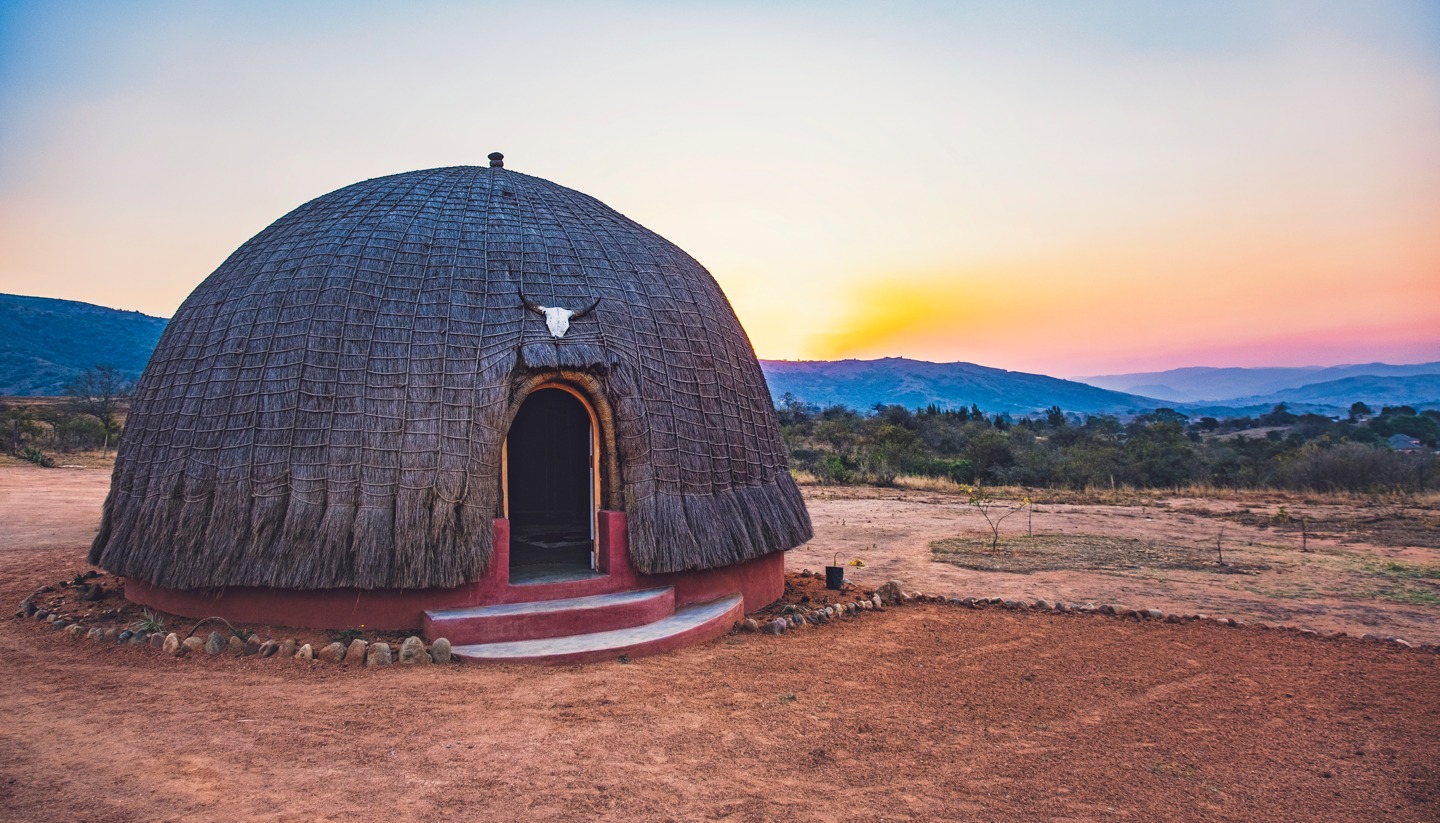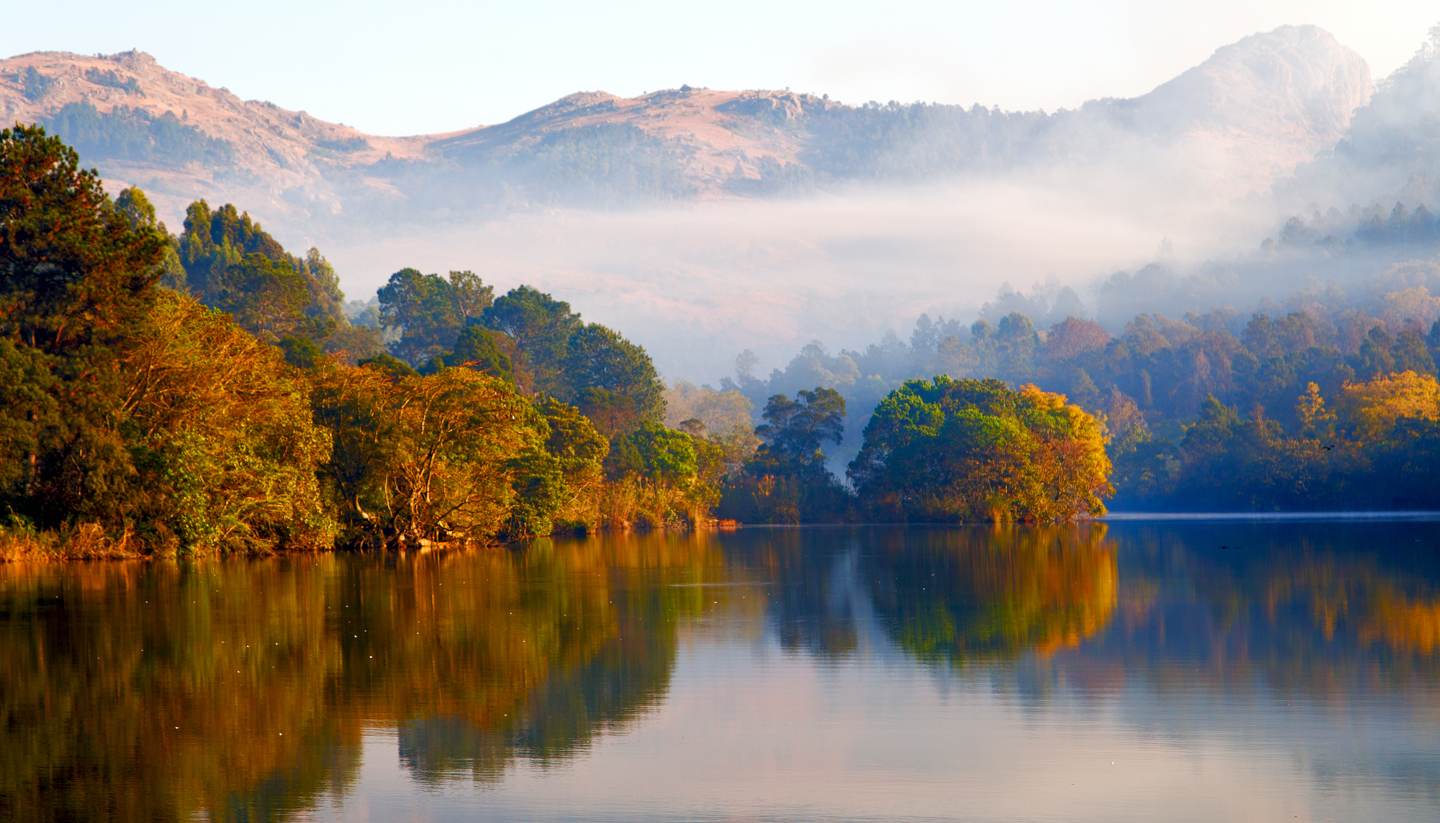Eswatini (Swaziland) History, Language and Culture
History of Eswatini (Swaziland)
Eswatini, formerly known as Swaziland, has a rich history that reflects its resilience and cultural heritage. The Swazi people, primarily of Nguni origin, migrated southward from central Africa, eventually settling in the area now known as Eswatini. Under the leadership of King Ngwane III in the mid-18th century, the Swazi nation was established, uniting various clans and laying the foundation for the kingdom.
In the 19th century, King Mswati II, after whom the country is named, expanded and consolidated the kingdom's territory. He was renowned for his military prowess and diplomatic skills, which enabled him to defend his people against external threats, including Zulu incursions. However, during this period, European settlers, traders, and missionaries began arriving, leading to increased foreign influence in the region.
By the late 19th century, Eswatini faced pressures from both British and Boer interests. In 1903, following the Second Boer War, the British established a protectorate over Swaziland, incorporating it into their colonial territories in Southern Africa. Despite colonial rule, the Swazi monarchy maintained a degree of autonomy, preserving cultural practices and traditional governance structures.
Eswatini regained its independence from Britain on September 6, 1968, with King Sobhuza II reinstating the nation's sovereignty. In 2018, to mark the 50th anniversary of independence, King Mswati III announced the country's official name change from Swaziland to Eswatini, reflecting the nation's cultural identity and heritage.
Today, Eswatini is Africa's last absolute monarchy, blending modern governance with deep-rooted traditions. The nation continues to celebrate its rich cultural heritage through vibrant festivals, traditional ceremonies, and a strong sense of community among its people.
Eswatini (Swaziland) Culture
Religion in Eswatini (Swaziland)
90% of various Christian denominations, including Zionism, a syncretic faith blending Christianity with indigenous ancestral worship.
Social Conventions in Eswatini (Swaziland)
Eswatini's social conventions are deeply rooted in respect, tradition, and community values. Politeness and courtesy are highly valued, and greetings play an important role in daily interactions. A warm handshake, often accompanied by a friendly smile or verbal greeting such as "Sawubona" (Hello), is customary when meeting someone. It is polite to inquire about someone's well-being before engaging in further conversation.
Traditional Swazi culture emphasises respect for elders and authority figures. When visiting rural areas or attending cultural ceremonies, it's important to follow local customs. Visitors should also avoid discussing sensitive political topics, particularly regarding the monarchy.
Photography: Permission to photograph individuals should always be sought. In some cases, a gratuity fee may be required, especially if the subject has gone to some effort - for example, by wearing traditional regalia. It is prohibited to photograph the royal palace, the royal family, uniformed police, army personnel, army vehicles or aircraft and bank buildings.
Language in Eswatini (Swaziland)
English and Swati (siSwati) are the official languages in Eswatini.
English is used for government, business, and education purposes, while Swati is a Bantu language that is widely spoken by the majority of the population and serves as a key element of Swazi cultural identity.



